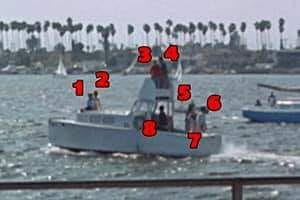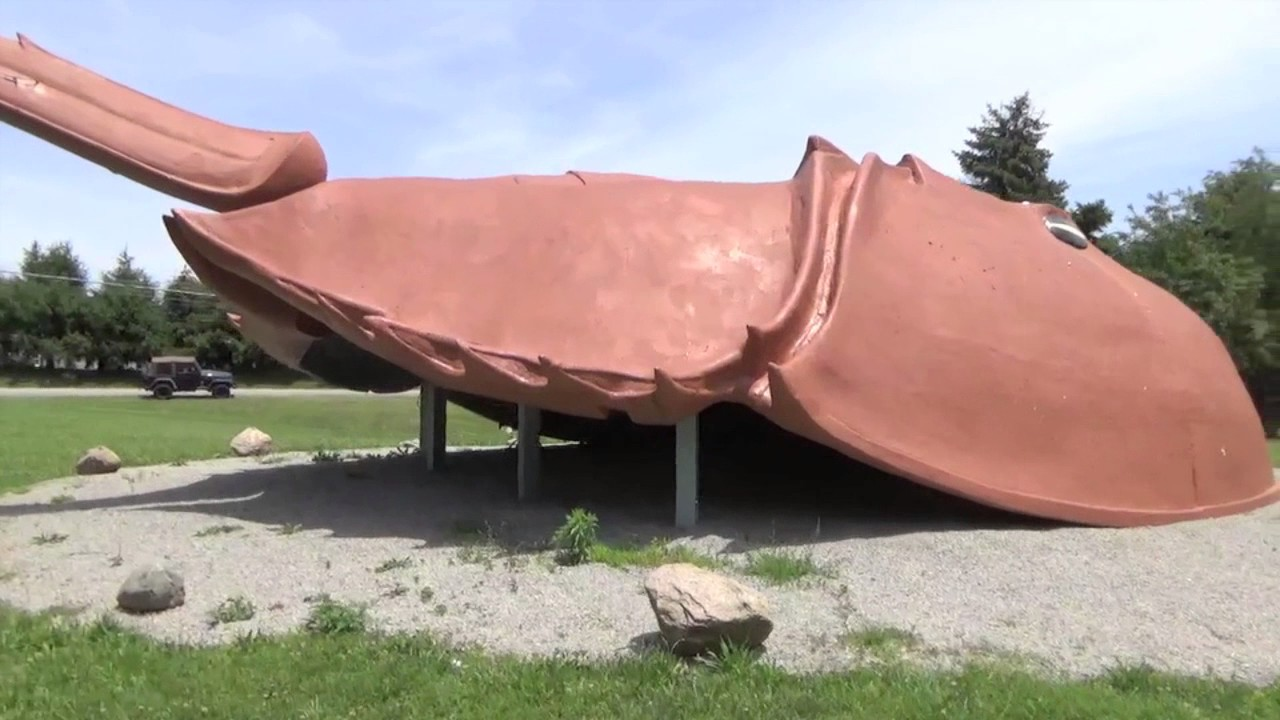1
49
til - hexagons are the basis of the human visual system and the brain’s navigation system
(www.sciencedirect.com)
3
59
4
87
5
31
6
-6
7
77
9
51
10
62
TIL Mark Mothersbaugh of DEVO carved the world's largest ruby into the shape of a turd.
(greyartmuseum.nyu.edu)
11
34
12
31
TIL about Crabbie, the world's largest (fake) horseshoe crab. It has a very weird history.
(www.atlasobscura.com)
13
78
14
79
16
17
TIL the company Identity Digital owned about 30% of all generally-available TLDs
(en.m.wikipedia.org)
17
44
18
65
19
24
20
66
23
2
25
5
view more: next ›
todayilearned
869 readers
1 users here now
todayilearned
founded 1 year ago






